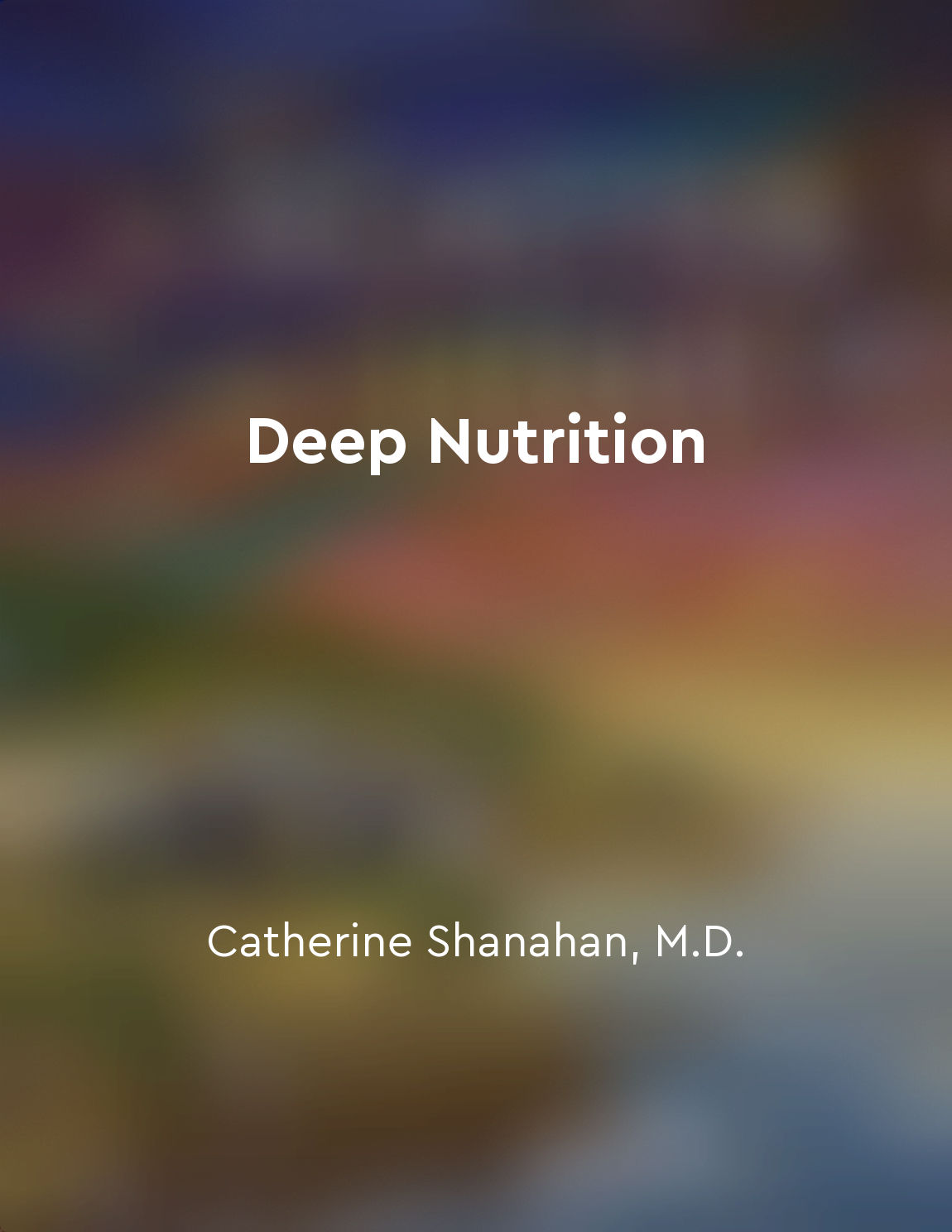Industrial agriculture relies on fossil fuels from "summary" of The Omnivore's Dilemma by Michael Pollan
Industrial agriculture relies on fossil fuels. Everything about the way we eat today - the food we eat and how it is produced - is entangled in a web of fossil fuel dependence. From the fertilizers sprayed on the fields to the irrigation systems that water the crops, from the trucks that transport the food to the packaging that contains it, fossil fuels are everywhere in the process. The use of fossil fuels in industrial agriculture is so pervasive that it is hard to imagine how the system could function without them. Every step of the way, from planting to harvesting to distribution, relies on the energy derived from fossil fuels. The tractors that plow the fields and the combines that harvest the crops run on gasoline. The synthetic fertilizers made from natural gas provide the nutrients that the soil lacks. Even the plastic packaging and processing of the food are products of fossil fuels. The industrial agriculture system is highly efficient at producing vast quantities of food, but this efficiency comes at a cost - a heavy reliance ...Similar Posts

Diversity is important
Diversity is essential when it comes to our diet. Eating a wide variety of foods ensures that we get all the necessary nutrient...
Prebiotics are important for feeding good gut bacteria
Prebiotics are like fertilizer for the good bacteria in our gut. They are non-digestible fibers that pass through our digestive...
Eat mostly plants for optimal health
One straightforward piece of advice is to eat mostly plants. This is not just an abstract idea; it has concrete implications fo...
Reforestation restores ecosystems
Reforestation is a powerful tool for reviving damaged ecosystems. When forests are replanted, they can help restore the balance...
Institutions and property rights are crucial for growth
Institutions and property rights play a crucial role in fostering economic growth. Without clear property rights, individuals l...
Food labeling can be misleading
Food labeling can be misleading. When we walk down the aisles of our local supermarket, we are bombarded with labels shouting o...

Manage stress levels for hormonal balance
When we speak of hormonal balance, we are referring to the delicate dance of harmony that takes place within our bodies. Hormon...
Eating a diverse diet is important for health
In order to maintain good health, it is essential that we consume a diverse range of foods. This principle is deeply rooted in ...
Geopolitics influence economies
Geopolitics and economics are deeply intertwined, with geopolitical events often having a significant impact on economies aroun...
Embracing diversity in environmental efforts
The idea of diversity in environmental efforts is a crucial one. It signifies a move away from the traditional, top-down approa...
